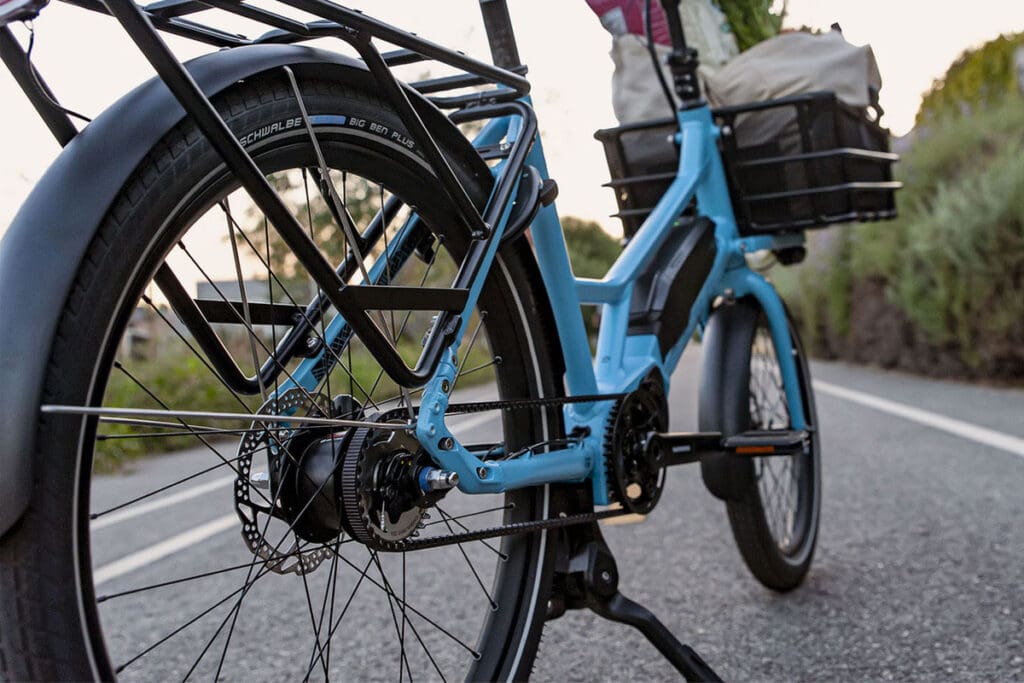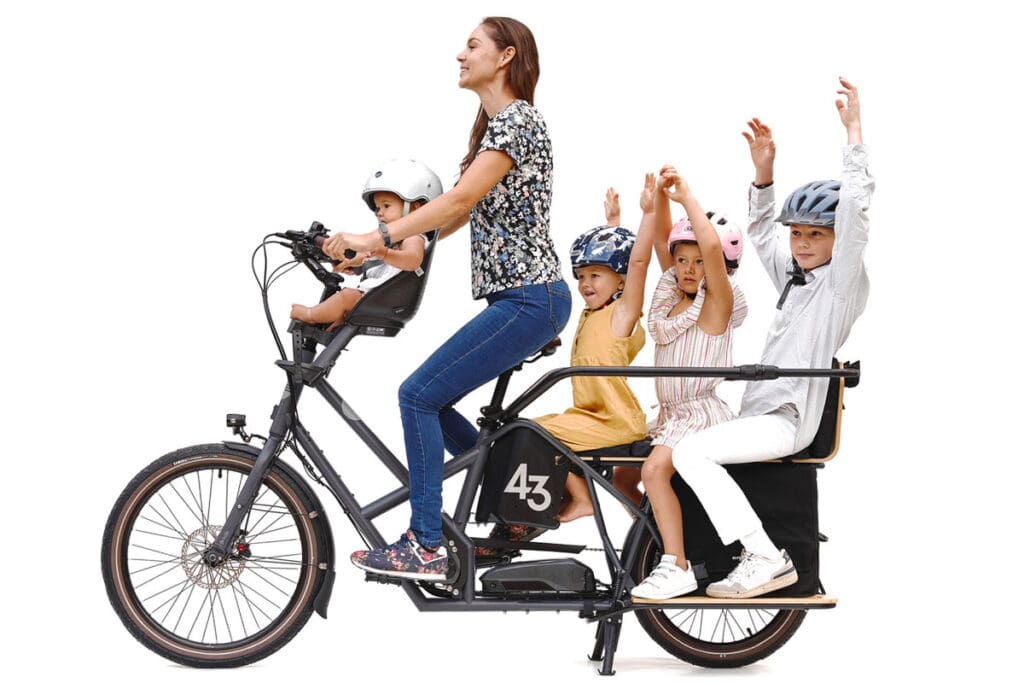microFleet Seeks Capital Injection to Launch Docking Station

Melbourne, Victoria
A Melbourne-based micromobility fleet provider has begun a capital raising venture to help take its groundbreaking universal bike and scooter docking station to market.
microFleet, a new parent company for long-standing operations Cargo Craft and Electric Vehicles, is talking to a number of investors to help complete the development of its OneDock charging and docking system.
microFleet COO Al Reid said the backing would also help accelerate the OneDock’s production and export, as well as rolling out the company’s complete smart fleets package of e-bikes, e-cargo bikes and patent docking system.
The company is applying for an international patent for OneDock, which can be used to dock and charge all types of bicycles, scooters and light electric vehicles, and is on track to be in the market in early 2024.
It’s been a busy couple of months for microFleet, which has also brought two new bike brands to Australia as part of its fleet services.

Loden One
It’s Knoxfield headquarters took delivery of its first batch of Loden One e-bikes this month, which MicroFleet will be providing to its fleet customers and will retail through its direct-to-consumer website sales.
Loden’s One compact cargo bike is modelled on the traditional mamachari-style bicycle (mamachari is Japanese for mother’s bike), with its smaller front wheel and distinctive twin downtube frame, and won a Gold Award at Eurobike in 2019.
It is the only model produced by Loden, a small Californian company established in 2017 by Kiyoshi Iawi, and is fitted with a STEPs E6100 motor, a Gates Carbon belt drive and Shimano components.
microFleet CEO Scott Dickerson ordered the Ones after seeing them at Eurobike 2021 but interruptions by Covid prevented their delivery until earlier this month.

Bike43
The Melbourne company is also preparing to receive its first shipment of longtail cargo bikes from Belgian manufacturer Bike43.
Al said the Bike43, with its own distinctly-shaped frame, is one of the few longtails that will accommodate three children on the rear.
“It will probably be in smaller numbers within our mixed fleets but it’s a niche offering to cover all bases,” he said.
The shipment will also include microFleet’s first batch of Pashley pushbikes, in another addition to the business’s fleet services.
Pashley is the UK’s oldest continuing bicycle manufacturer, still built exclusively at its factory in Stratford-upon-Avon.
Like microFleet’s Electric Vehicles arm, which has been providing e-bikes to Australia Post for around 10 years, Pashley has supplied the UK’s Royal Mail for a century.
Al says its traditional-style bicycles will be very suited to microFleet’s push into providing fleets for hospitality and tourism organisations.
microFleet is in discussions with wineries and hotel operators in Victoria’s Yarra Valley, and is looking to launch fleet services in that sector in spring.
It will initially operate the fleets using Sentinel electronic bike locks, to secure the bikes and facilitate rental payments, but will later introduce its OneDock systems to service locations once the docking and charging stations go into production.
QiO
In addition, microFleet is preparing to introduce German e-bike brand QiO to the Australian market.
Al said QiO’s Eins compact e-bikes will add another niche to their offering.
“We’ll be looking to bring in the QiOs once we’ve got our Loden’s out in the fleets,” he said.
Despite their current flurry of activity, Scott and Al were back exploring the latest industry developments at Eurobike last month.
They took a brief timeout at Eurobike to outline their latest progress in developing the OneDeck, which is set to become a nucleus of microFleet’s operations.
The system uses a OneKey adapter, also developed by the company, so the docking and charging stations can accommodate any scooter, bicycle or light electric vehicle.
Each OneKey incorporates a radio frequency identification tag that identifies the bike, including the particular charging profiles for how that vehicle’s battery should be charged.
The adapter is typically 120mm long but different sizes will also be available.
“There are so many forms of vehicles out there, the challenge is creating a physical structure to accommodate them all,” Al said.
“We’ve taken a long time to find our solution with the universal adapter, which can be retrofitted to any vehicle.
“It’s also about affordability. Others are creating similar solutions but taking more expensive alternatives.”
The OneDock is proposed to come with either a rigid arm to secure and charge the vehicle, or a flexible cable to make the connection.
“The rigid arm will provide greater security, while the cable will offer more flexibility in the vehicles that can be accommodated,” he said.
The OneDock wil be modular, so the number of docking stations can be easily customised to each customer’s needs.
“If everythings goes according to plan with the OneDock smart charging station, that will be ready to roll from early next year and we will transition from using smart locks to universal smart docks,” Al explained.
microFleets is already in discussions with a number of potential partners in Victoria, in other parts of Australia and around the world.
The company has also just confirmed its partnership with Amsterdam-based company Enviolo, to service its stepless shifting hubs in Australia. It will also be a supplier and installer of replacement Enviolo hubs, through microfleet’s Melbourne headquarters and its service technicians throughout Australia.
